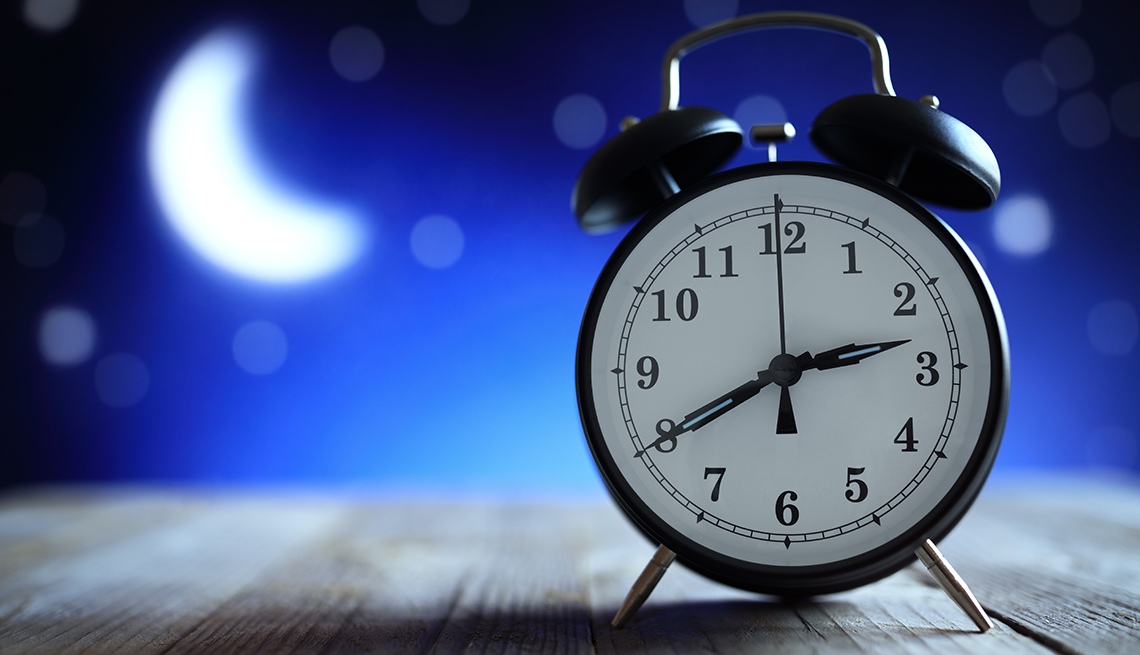
What's the best bedtime for better heart health?
- Select a language for the TTS:
- UK English Female
- UK English Male
- US English Female
- US English Male
- Australian Female
- Australian Male
- Language selected: (auto detect) - EN
Play all audios:

Falling asleep between 10 and 11 p.m. just might do your heart good, according to a new study that found adults whose bedtime begins during that hour are at lower risk of developing heart
disease compared with adults who fall asleep either earlier or later at night. Compared with adults who fall asleep during the 10 o’clock hour, the study appearing in the _European Heart
Journal — Digital Health_ found, adults who fall asleep after midnight had a 25 percent higher risk of developing cardiovascular disease. Falling asleep before 10 o’clock put adults at 24
percent greater risk. And falling asleep during the 11 o’clock hour put adults at 12 percent greater risk. “Our study indicates that the optimum time to go to sleep is at a specific point
in the body’s 24-hour cycle and deviations may be detrimental to health. The riskiest time was after midnight, potentially because it may reduce the likelihood of seeing morning light, which
resets the body clock,” study coauthor David Plans, a senior lecturer in organizational neuroscience at the University of Exeter, said in a statement. The study included data on sleep
onset and waking times collected over seven days from medical devices worn by 88,026 adults (ranging in age from 43 to 79 years old) in the United Kingdom. The participants underwent other
health and lifestyle assessments at that time. Follow-up assessments, completed on average 5.7 years later, found 3,172 participants, or 3.6 percent, developed cardiovascular disease, which
was defined as a heart attack, heart failure, chronic ischemic heart disease, stroke and transient ischemic attack. Study researchers analyzed the association between sleep onset and
cardiovascular events after adjusting for factors including age, gender, body mass index, sleep duration, smoking status, other health issues and socioeconomic status. The researchers noted
a stronger association between sleep onset and cardiovascular disease in women than in men. “It may be that there is a sex difference in how the endocrine system responds to a disruption in
circadian rhythm. Alternatively, the older age of study participants could be a confounding factor since women’s cardiovascular risk increases post-menopause — meaning there may be no
difference in the strength of the association between women and men,” Plans said. _Peter Urban is a contributing writer and editor who focuses on health news. Urban spent two decades
working as a correspondent in Washington, D.C., for daily newspapers in Connecticut, Massachusetts, Ohio, California and Arkansas, including a stint as Washington bureau chief for the_ Las
Vegas Review-Journal. _His freelance work has appeared in _Scientific American, Bloomberg Government _and CTNewsJunkie.com._
